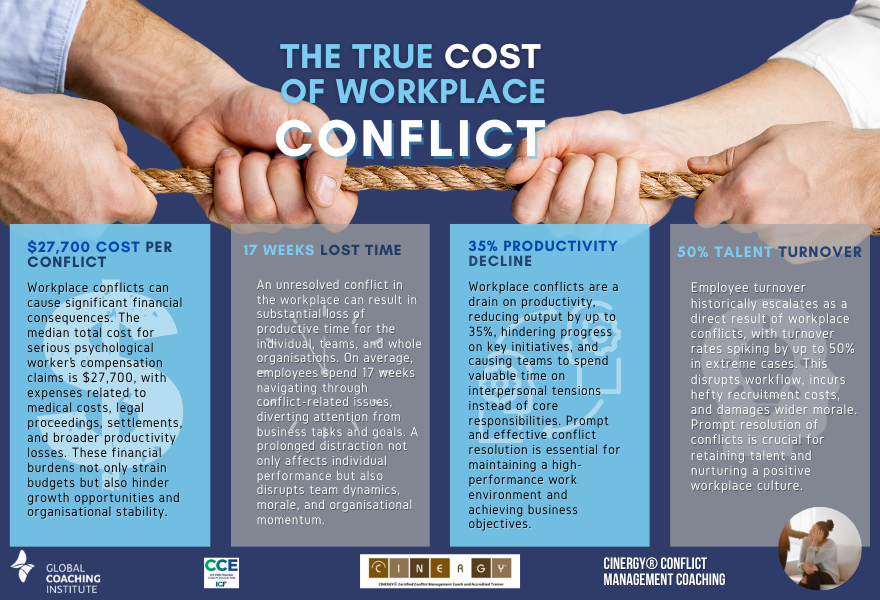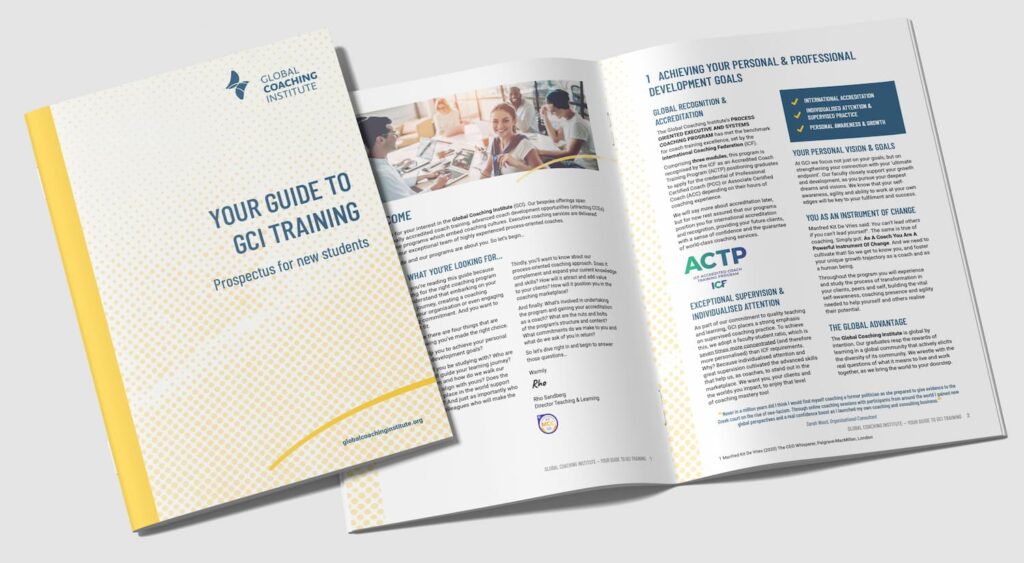As coaches, being aware of the many influences that shape our clients’ lives is critical. These influences include social and historical experiences that aren’t apparent at first glance.
Along with several of our graduates, Vicki and I are preparing for a trip to Greece for a process-oriented seminar called Worldwork. These seminars are organized every couple of years in different parts of the world, and involve hundreds of participants working on global and historical issues.
As I prepare for the trip, I recall a piece I wrote at the last Worldwork we attended, in Poland. Here it is.
Worldwork Warsaw
For the last week I’ve been in Warsaw, on the facilitation team for an event known as Worldwork. Delegates from twenty-eight countries gathered to discuss, understand and address current and historic global conflicts.
Before we left home, many colleagues were curious about our commitment to this event. They asked: Why open the painful wounds of history? Why put yourself through all that trauma?
For me the answer is simple. To address global conflict we need to study the lessons that both history and unfolding events reveal.
Few conflicts develop overnight. Many ignite against a background of centuries of struggle. The pain is buried as soldiers come home from war and civilians try to piece their lives together. In the wake of unbearable trauma, when peace is tentative, it can be too much to talk about what has happened. While we have new models for addressing the impact of atrocities, such as South Africa’s Truth and Reconciliation Commission, it also falls to later generations to pick up and continue the dialogue. The hidden trauma of conflict and war carries on across generations.
The forces of conflict are intense. Making smart decisions in the midst of turmoil is hard. I suspect it’s impossible unless we understand – before we’re in a crisis situation – how rage and fear can collectively overcome us. Behind these intense emotions is often the dream of something better, a deep yearning for change in our communities and the world.
As coaches we need to be able to navigate through the pain and trauma to help people reconnect with that deeper vision or dream.
History Is Present
Though we think of wars as part of history, the past is not only in the past. The circumstances that shaped history continue to play out right now in our present world. Oppressed communities dream of freedom and self-direction, while others experience the struggle for identity, for land or enough food to support themselves and their children.
Most of us not directly affected go about our ordinary lives believing we are immune to the pain of intense global conflict. However, history has repeatedly shown that seemingly peaceful societies can find themselves in the midst of war or civil war at a frightening speed. Take the former Yugoslavia for example.
The Greek Delegates
History also shows us how dangerous it is when a group of people experiences being downed and unheard by the international community. It creates a pressure cooker effect. Greek delegates at Worldwork, Poland spoke about unemployment, hunger, and the worrying rise of neo-facism in their own country. Rather than accepting growing violence as inevitable, their team will bring Worldwork to Greece in their continuing effort to engage and work out some of the tension and pain building in their country.
Of course conflict doesn’t just play out on the world stage. It’s present in our individual lives. We learn to persevere, despite tensions and conflicts in our communities, workplaces and families. We get on with life. One of the costs of not addressing these wounds, is that we become desensitized to tensions or levels of suffering we’ve come to take for granted.
Yet it’s those tensions that are swept under the carpet, often in the name of momentary peace, that give rise to future conflict. They smoulder, just waiting for the right moment to ignite. Think about your own life. What resentments are you carrying? Who do you blame? Who have you stopped speaking with?
If we’re to learn new ways of managing conflict, including the potential for violent conflict, we need to build that muscle in small ways. I encourage you to be more like the Greek women from Worldwork. Pay attention to the nagging or mounting tensions around you and address them if you can.
Being part of the Worldwork team is a real privilege for us, it supports us to work with clients on challenges that others may shy away from. If you have a passion for understanding the deeper forces which shape social, organisational and individual lives, please connect with us at the Global Coaching Institute. We’re happy to discuss your coaching interests at any time.
Reflections:
What nagging tensions do you ignore?
How does the past live on in your life?
Is there anything you need to re-visit in order to achieve greater peace in your world?




